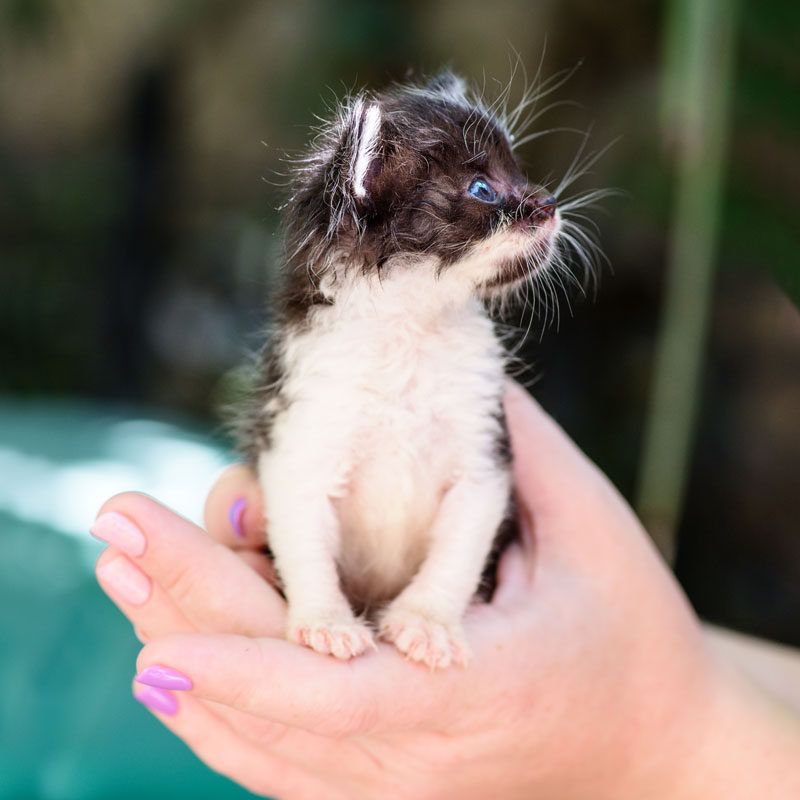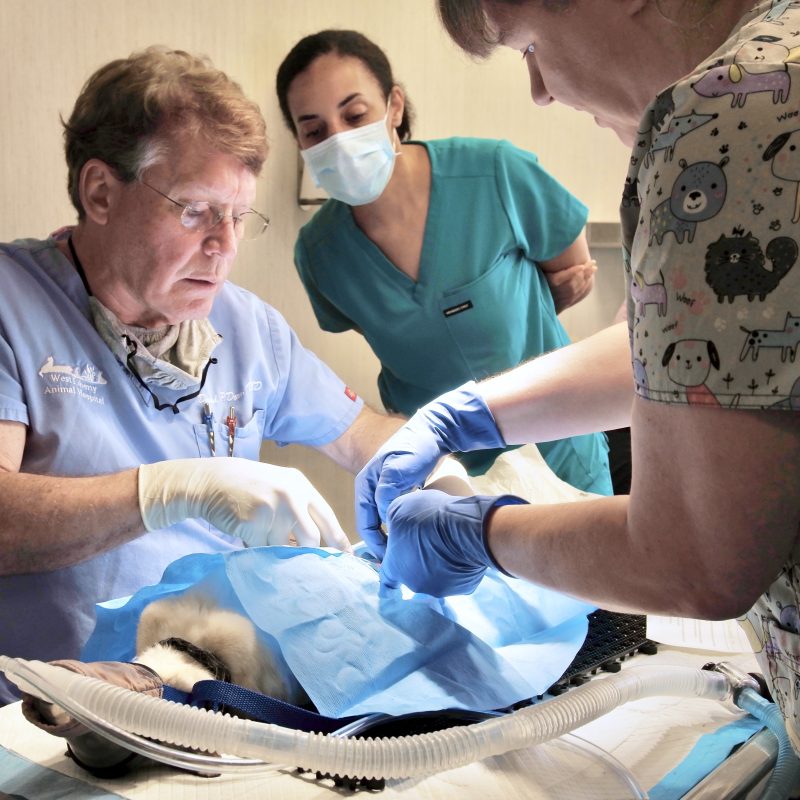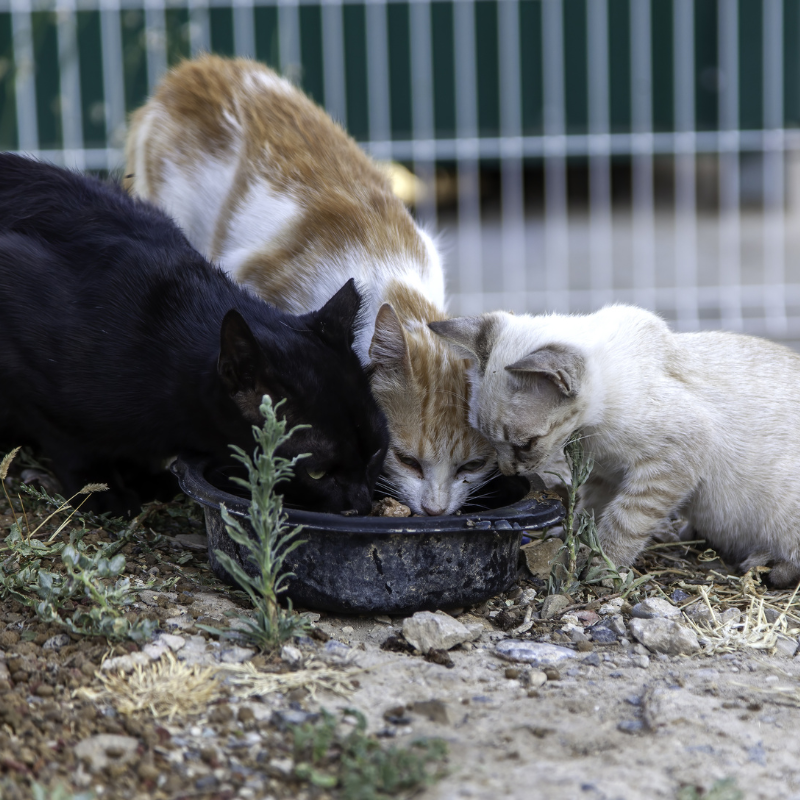
Lora O’Connor, The National Kitten Coalition
May 19, 2020
Marian Pekar, My Nine Lives Video Game
May 26, 2020
There’s no way around the fact that kittens are going to be a big part of our lives in the coming months. While we may not see the numbers in our shelters as the desire for foster care continues to rise, kittens will be out there in the community, and families who find themselves with a new kitten will need support. If you end up with a new kitten in your life, here are ten tips for success when caring for these little ones.
- Keep your kitten safe. Make sure you keep him in a safe space (playpen-style cages work great), as countless things can pose hazards to curious kittens, from electric cords to reclining chairs and containers of water. Don’t let him have free reign of your house until he is at least six months old, and even then, he should be supervised until he grows out of that kitten clumsiness.
- Make sure your kitten is gaining weight. Invest in a baby scale and use it daily. Keep a written log of those weights and report any decreases to your veterinarian right away! There are many issues why a kitten might not be gaining weight—but reacting quickly can help keep any issues from potentially becoming serious. Some of the reasons include flea infestations, intestinal parasites, “failure to thrive” syndrome, or congenital defects. If you have more than one kitten, a smaller kitten may simply not be able to compete with her larger sibling to get the food she needs to grow properly. Don’t take chances—weigh those kittens every single day!
- See a veterinarian. They will make sure your kitten has been treated for fleas and worms, and that he receives the appropriate vaccines and other treatments at the right time.
- Make sure to deal with fleas. A severe flea infestation can kill a young kitten. Seek advice from a veterinarian before treating very young kittens (they will likely need to be bathed gently and have fleas manually removed). Older kittens can be treated with topical or oral products—but only as directed by veterinary staff. No matter what, NEVER put a flea collar on a kitten.
- Make sure your kitten gets microchip identification, and get her used to wearing a collar with an ID on it early (even after she’s microchipped). Ensure that the collar fits properly and that you check it regularly as your kitten grows. Most cats will get used to wearing a collar, so it’s great to get them started early!
- Give your kitten lots of play and social interaction time. Make sure you have safe toys and that he has lots of interaction with you and others in your household so he grows up into a friendly, well-socialized cat.
- Help your kitten come out of her shell. If you have a kitten who is on the shy side, use high-value food items and fun toys to help ease her into interacting with you.
- Spay/neuter your kitten as early as possible! Ask your veterinarian if they will spay/neuter your kitty at 5 months of age. Hopefully clinics will be open soon. If not, if your female kitten goes into heat (which can happen as early as 5 months!), you will have to weather the storm. Ask your veterinarian how to handle it if that does end up happening.
- Keep your kitten well fed. Feed him the best-quality kitten food you can afford, ideally a mix of dry and canned food. Keep him on kitten food until age 1, and don’t forget that water should always be available at all times.
- Give your kitten appropriate litter. Clumping litter should be avoided with kittens; go with regular old clay litter or perhaps a pine or paper litter, or a wood-shaving litter. These are usually fairly inexpensive, so it’s not a big deal just to dump the whole box and start over at cleaning time. Don’t forget to increase the size and number of boxes as your kitten grows.
I hope these ten tips will help you and your kitten have a happy and healthy time together.




